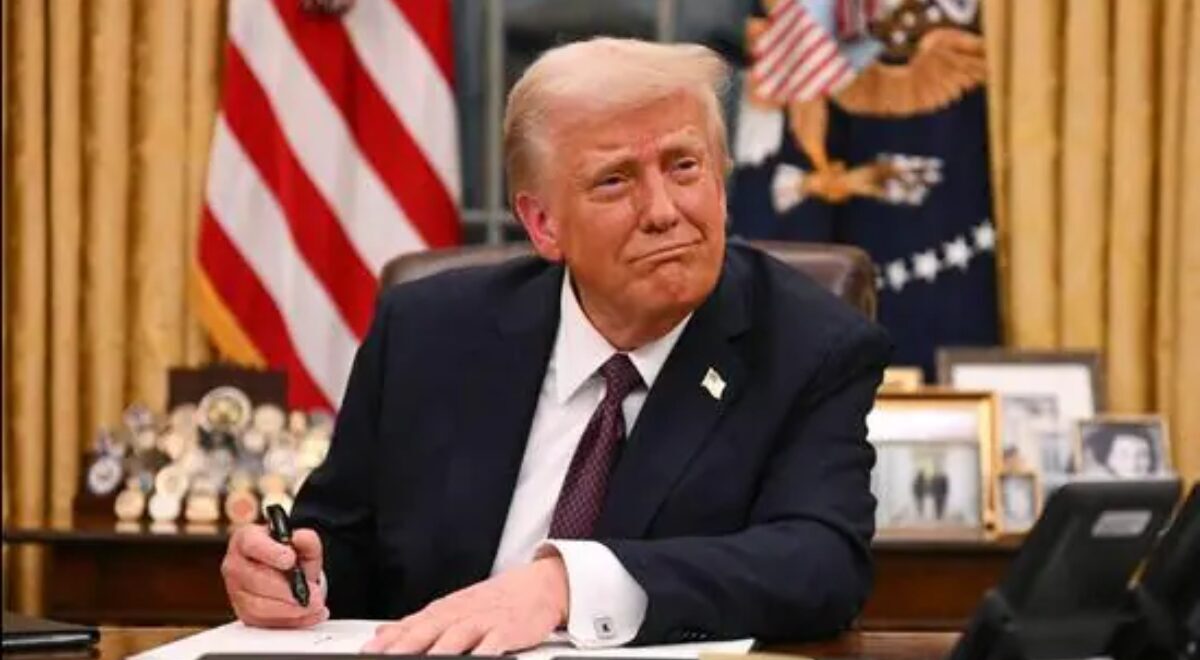Strong demand from eCommerce companies and consumer goods manufacturers and suppliers is giving a much-needed fillip to the electric vehicles industry in India, more specifically the two-wheeler and three-wheeler segment.
Companies such as HUL, Swiggy, Coca-Cola, Zomato, Amazon, Flipkart, BigBasket and Amul are among a host of big players that have either switched to EVs to service customers and retailers or are in the process of doing so, says a report published by Economic Times.
The reasons are obvious as these companies are looking to save distribution costs while also reducing their carbon emission to meet agreed to global standards. The report quotes Amul managing director Jayen Mehta to suggest that the company was using EVs for last-mile deliveries for ice creams, milk, butter and cheese.
This ties in with recent research by McKinsey that found that the global electric vehicle revolution was not being driven by the Teslas and other large passenger car brands but through the large adoption of two-wheelers, a segment that accounts for a third of global mobility.
India’s EV industry is witnessing robust growth with expectations of selling over 100,000 electric cars and a million electric two-wheelers during the current financial year. This fares well against the sale of 50,000 cars and 727,000 bikes a year ago, thus indicating that there’s enough headroom for growth if EV companies also focus on creating a robust charging infrastructure.
The report also quoted Amitabh Saran, founder of Altigreen that manufactures three-wheeler electric transport vehicles to suggest that big companies were moving towards EVs as their operating costs are barely a fraction to the diesel or CNG-driven alternatives. He estimates the market size to be around 1.2 million units per year in this segment.
Another large player Amazon has partnered with Eicher Motors to source 1000 electric trucks for its mid-mile and last-mile delivery over the next five years. Similarly, TVS Motors has signed up to supply Swiggy and Amazon besides ride-hailer Rapido.
Over the past few years India has taken bold steps to reduce crude dependence through several schemes that are targeted to make electric vehicle purchase viable for the man on the street. However, the slow pace of charging infrastructure has led to EVs making a mark only in large cities till now.
India is witnessing an increased focus on electric commercial vehicles to curb crude imports and vehicular pollution, as well as to save fixed operating costs, especially for makers of daily essentials that need to service consumers and retail channels frequently and so have higher logistics costs.
The recent report from Mckinsey had noted that only a small percentage of two-wheelers are electrified though many have entered the market. The two-wheeler market is projected to grow at a CAGR 8.7% though 2029 touch $218 billion in value. In India, only 4% of the two-wheeler sales were electric, though by 2030 total electric two-wheelers could touch 30% worldwide.
Image courtesy: Tech in Asia



